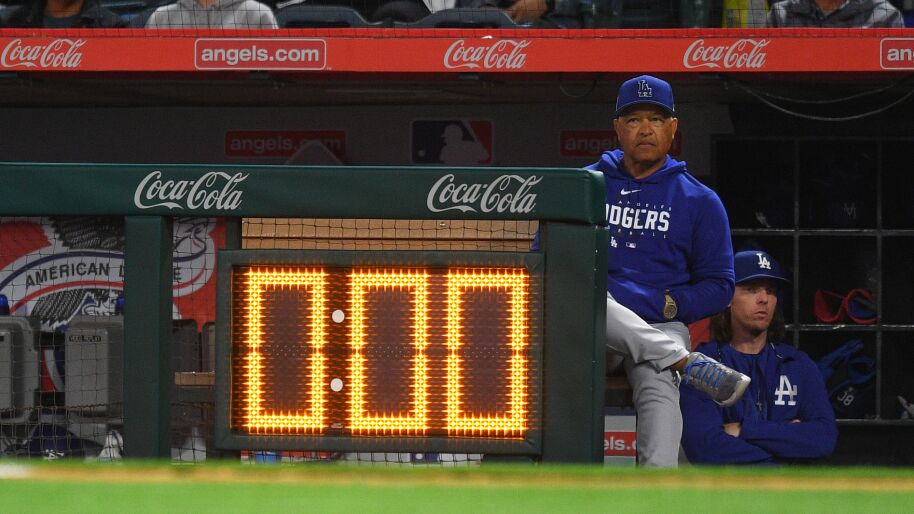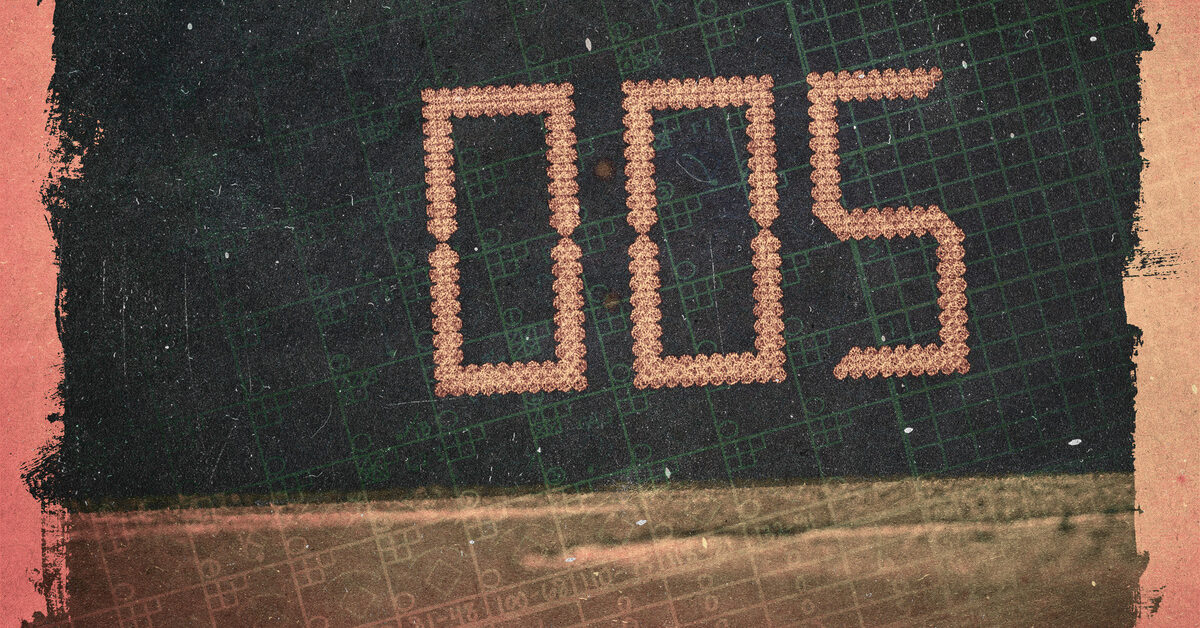Baseball’s Pitch Clock Has Transformed Game Length
Tuesday, April 25. All 30 MLB teams were in action, and on average, they took two hours and 36 minutes to go about their baseball business, exactly in line with the full-season standard for nine-inning games in 2023. That alone is remarkable, given that nine-inning games in 2022 took three hours and three minutes, on average, which was actually less time than they took in each of the three preceding years.
In 1971, Roger Angell wrote, “Since baseball time is measured only in outs, all you have to do is succeed utterly; keep hitting, keep the rally alive, and you have defeated time. You remain forever young.” Eight years later, Herb Caen expressed the same concept a little less lyrically and romantically: “The clock doesn’t matter in baseball. Time stands still or moves backward. Theoretically, one game could go on forever. Some seem to.”

Tuesday, April 25. All 30 MLB teams were in action, and on average, they took two hours and 36 minutes to go about their baseball business, exactly in line with the full-season standard for nine-inning games in 2023. That alone is remarkable, given that nine-inning games in 2022 took three hours and three minutes, on average, which was actually less time than they took in each of the three preceding years.
In 1971, Roger Angell wrote, “Since baseball time is measured only in outs, all you have to do is succeed utterly; keep hitting, keep the rally alive, and you have defeated time. You remain forever young.” Eight years later, Herb Caen expressed the same concept a little less lyrically and romantically: “The clock doesn’t matter in baseball. Time stands still or moves backward. Theoretically, one game could go on forever. Some seem to.”


